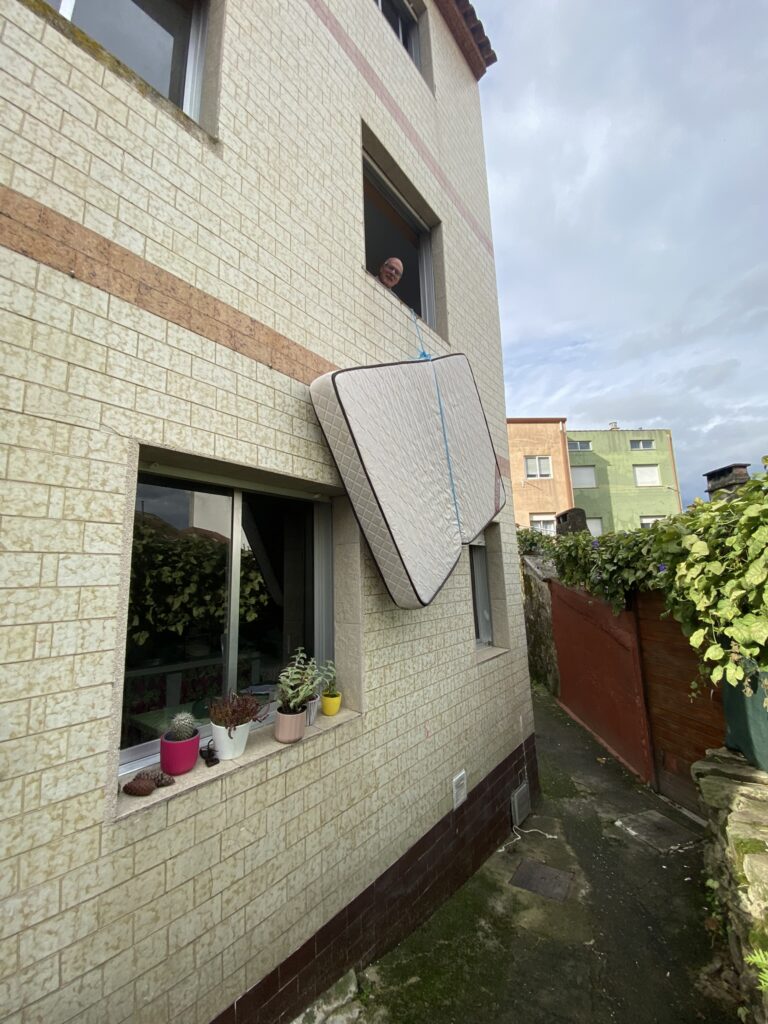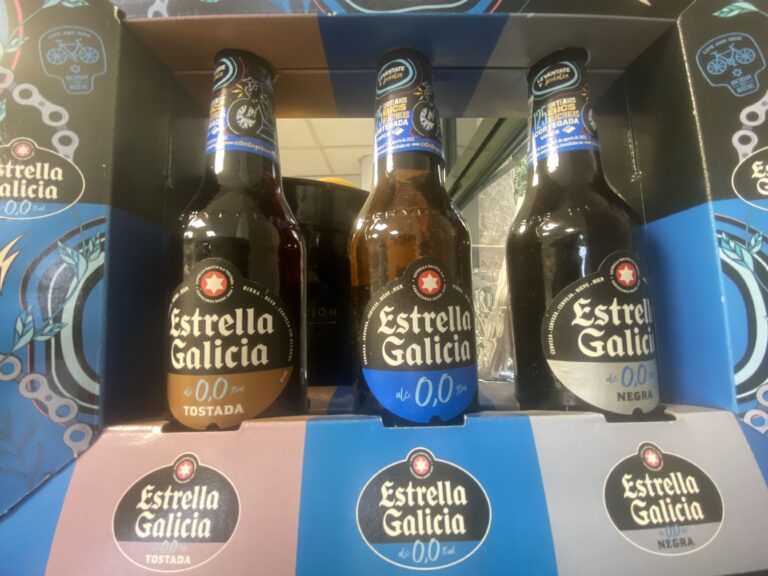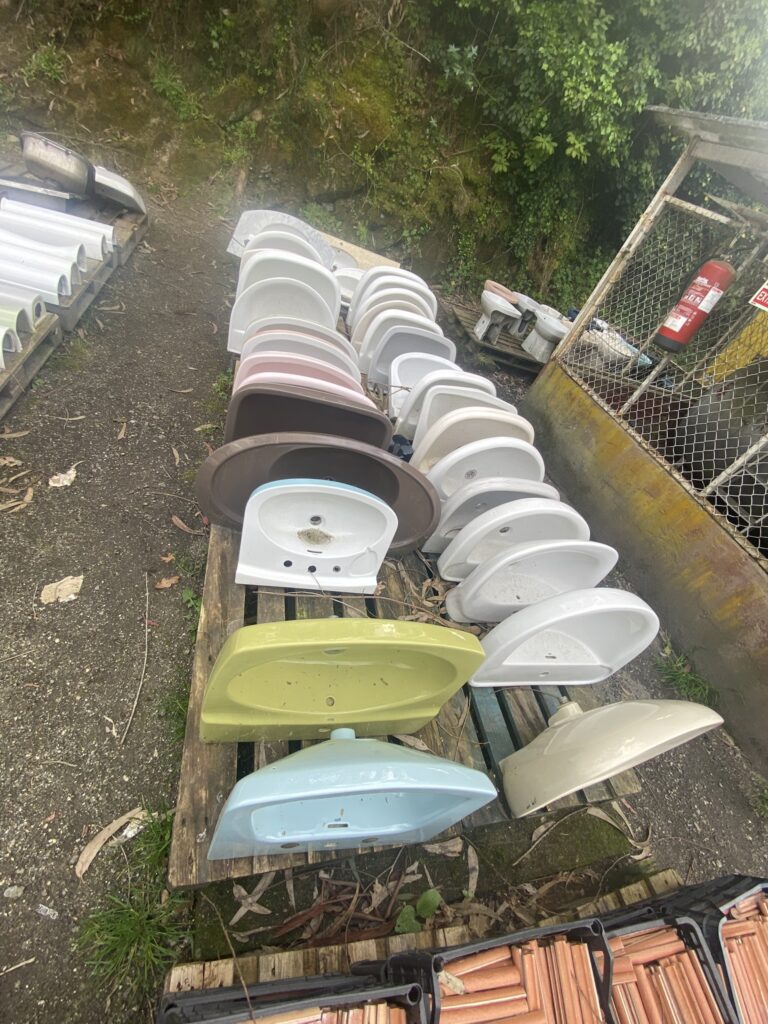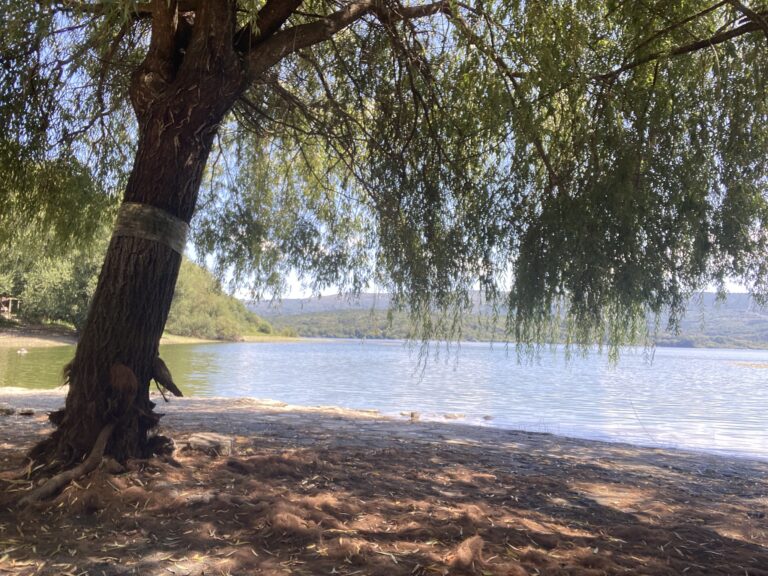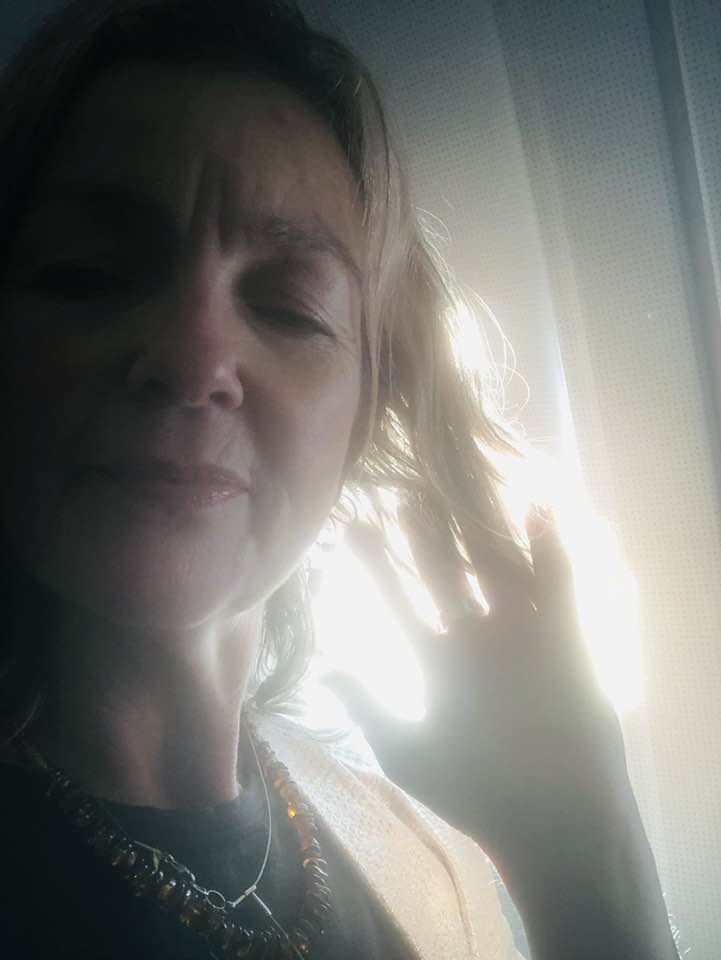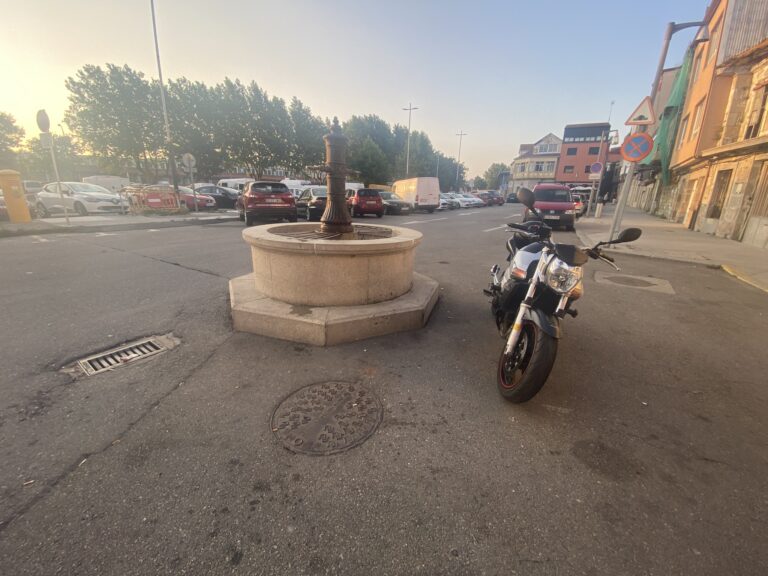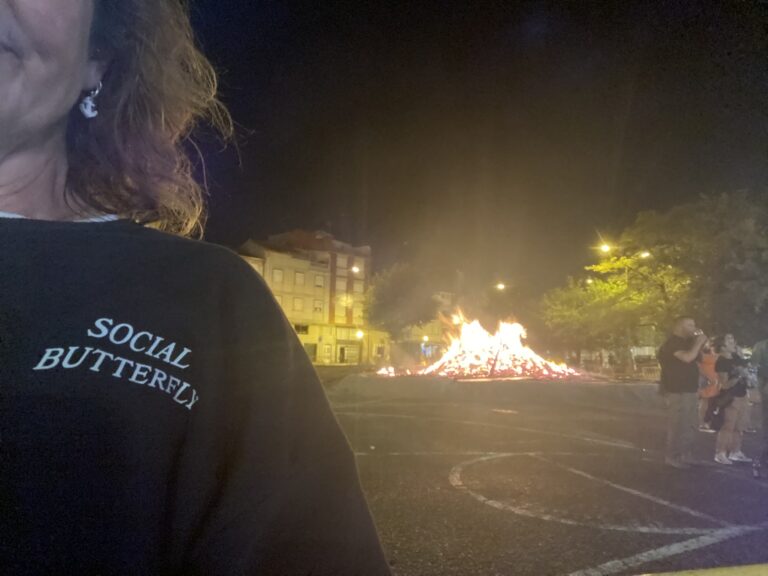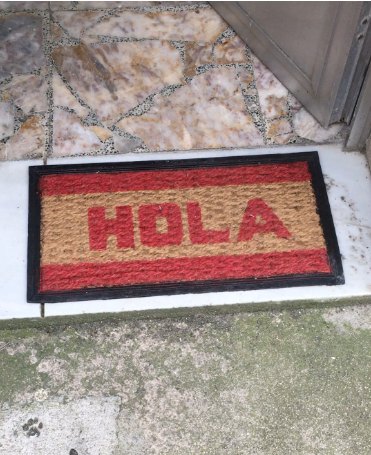An Englishwoman in Galicia, in a tiny tower, on a slab of rock.
For sporadic and mostly random updates, pop your email address here. Every now and then, I’ll send some news.
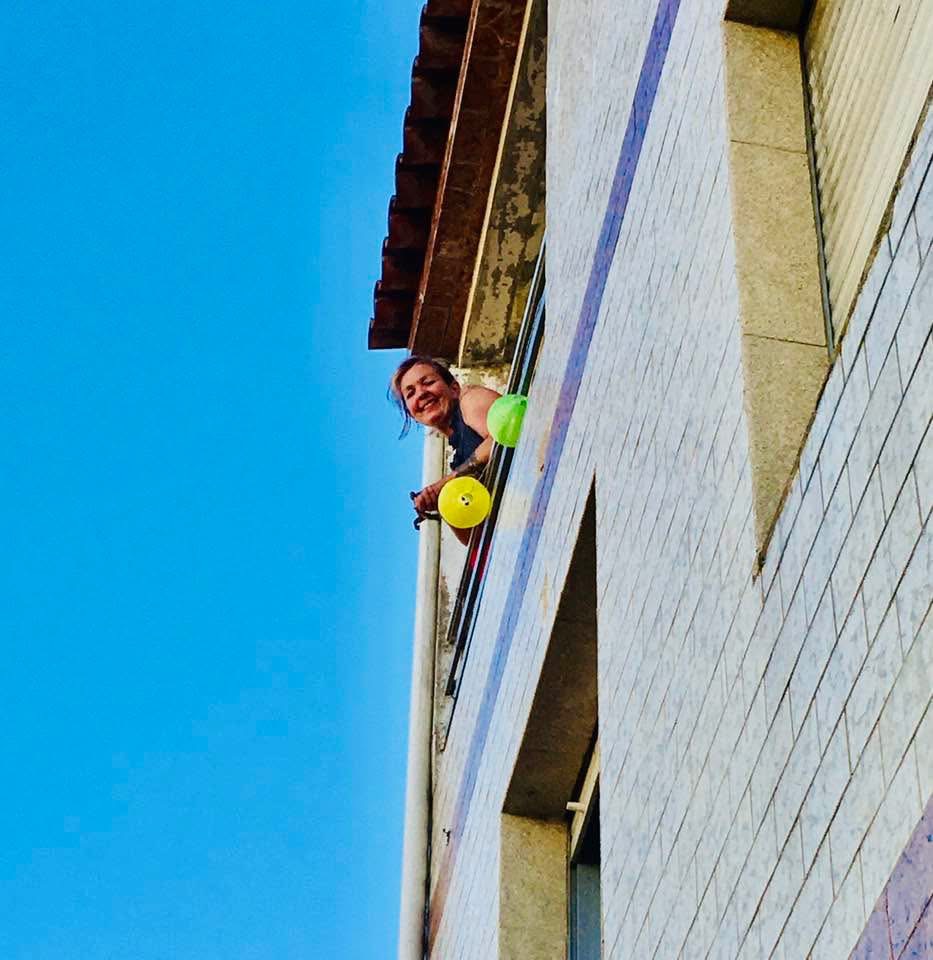
Latest posts
Four years in and the house isn’t looking a whole lot different to 2021, though it smells a lot better. I’ve painted, plastered (leaving that to the experts in...
At first glance, you’d be forgiven for thinking that Galicians drink all day. The cafes are full from 8am til 10pm, much later for the bars, and tables...
Time spent in Galicia centred on the coast for the first years: the tiny tower in Estribela, trips to Vigo and Pontevedra, a boyfriend in Bueu. Horizons widened...
I’m trying my damnedest to rekindle the language I studied 30+ years ago. There’s a vague memory of stumbling through a Spanish oral exam and a less vague one...
The small balcony faces south east and gets the morning sun. My actual son managed to break the plastic, yellow chair that sat comfortably for four years in a...
Once the offer of 22,000 euros had been accepted in December, I travelled to the nearby city of Pontevedra to sign the contract and collect the keys. It turned...
If it wasn’t for the lockdowns, home-working, home-schooling and little else to do for light relief other than have one-too-many in the garden or doom-scroll on...
